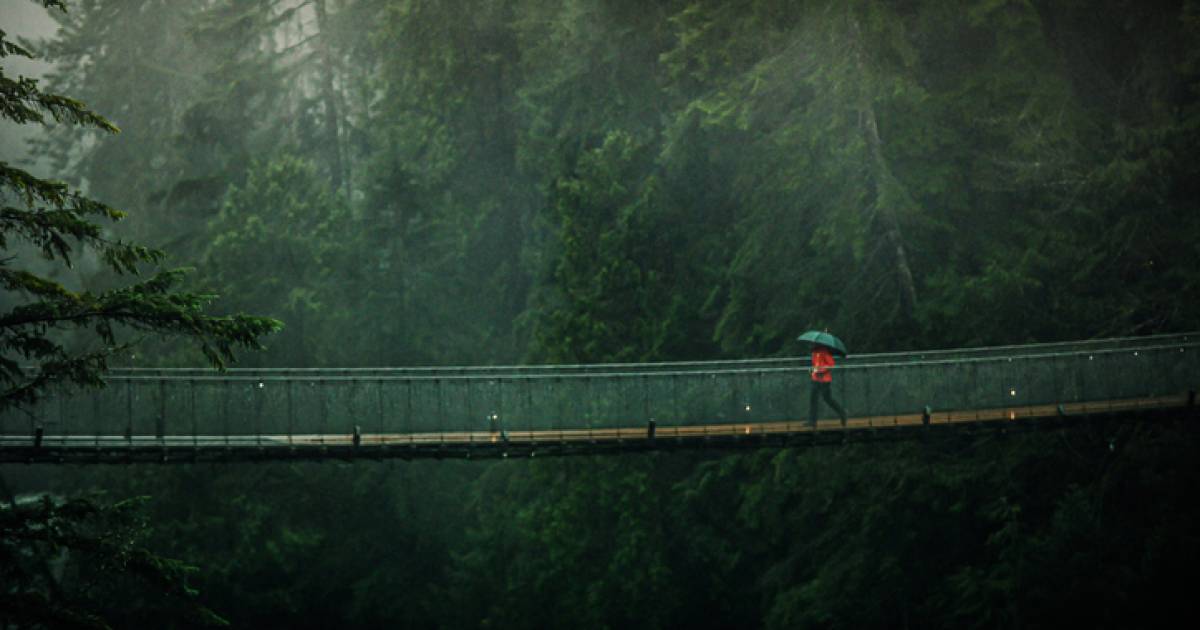At the onset of the pandemic at this time past 12 months, it was section of my program to toss a tennis ball against a wall and go for long walks to support reduce the COVID-related lockdown stress. These days, I hold a bobblehead of Ignacio on my desk for remedy when points get a little COVID nuts. He’s the monastery cook-turned-luchador played by Jack Black in the motion picture Nacho Libre.
1 search at the perma-smile and I’m reminded of the scene in the film wherever Nacho climbs a steep cliff to drink from the yolk of eagle eggs—legend has it that this will make him fly like no other luchador in the whole environment. You gotta snicker and occasionally you gotta consider inspiration anywhere you can get it as a wintertime of COVID-19 discontent presents way to what’s forecast to be a brutal spring for the virus.
Though we are all nervous to solid off the chains of COVID-19, Mom Nature—and the pandemic—have other options. A 3rd and probably much more deadly wave is circling around us. And despite the rollout of vaccines to offer hope versus the soaring tide, the social and psychological fallout from dwelling beneath the mushroom cloud of the coronavirus is shaping up to be worse than the most cynical professionals predicted.
The pandemic has had unprecedented outcomes on the top quality of daily life of Canadians. The share of Canadians score their lifestyle satisfaction as 8 (out of 10) or over decreased from 72 percent in 2018 to 40 percent in June 2020.
That’s the least expensive degree because 2003 which, coincidentally or not, is the previous time we had a pandemic.
SARS wreaked its possess kind of havoc, but that was largely confined to about a dozen countries (and workers in the wellbeing-care sector).
The coronavirus has established a distinctive sort of chill in the air—and it is not just from the current cold snap reminding us that it’s not pretty spring nevertheless, even with moving to daylight personal savings time last Sunday. (If only we could “spring forward” to next calendar year.)
Have you found? People seem even far more distant than common. We’re heading out of our way to steer clear of each other—and our shadows—on the road. Even our neighbours are crossing on to the street when they see us coming so as not to get as well near.
At the grocery checkout line the other day, the man powering me saved taking two techniques back just about every time he felt another person was intruding on the imaginary bubble all over him.
We’re not just preserving the requisite two-metres absent. We’re becoming distrustful of 1 an additional.
We’ve seen the punch-ups on social media instigated by anti-mask and anti-lockdown conspiracy theorists who don’t believe that the virus is real. But we’re also observing the opposite extreme—a hyper-wariness of the folks about us.
We’ve turn out to be illness vectors and carriers to our fellow citizens. Behavioural experts warned us it could come about.
The actuality that there are new, a lot more deadly variants of the virus floating in the air has some thing to do with the heightened stress. So does the simple fact that messaging from governments and community overall health industry experts has not constantly been very clear, and has conditioned us to panic the virus.
Earlier pandemics have taught us about the stigma and discrimination that can linger for these who truly agreement the disease. But we’ve been conditioned to retain our distance from every single other to contain the unfold of the virus for extensive plenty of now that, subconsciously or not, paranoia has seeped in.
The anxiety amongst some behavioural researchers is that interactions that we get for granted—and that psychologists notify us we have to have as a species to create a sense of group and trust—will no extended take place as frequently as they should put up-pandemic. Even soon after vaccines are administered to the bulk of the population, we will have to wear masks and maintain our length.
At the similar time as we’re craving to get again to executing the things that we love with close friends and family, the threat is that we will turn out to be habituated to residing in the COVID cages we’ve built all over ourselves out of panic.
The Journal Of Group Psychology featured an post this earlier summer season titled “The Dangers Of Social Distancing: How COVID‐19 Can Reshape Our Social Working experience”. In it, Kevin Sikali, a graduate fellow at Villanova College in Philadelphia, states humans will have to create new approaches of living with the virus (specially if it will become endemic like the seasonal flu) to make sure the outcomes on how we interact with just about every other are not everlasting.
He implies vaccine passports (of which there has been a lot more chat these days for nonessential travel) and the prevalent screening of people in get the job done places, retail merchants, recreation centres, and other community spaces to allow for larger gatherings. It would seem out of step with our sights of personal independence, but it may well be inevitable if we want to conserve some semblance of our human need to socialize.
As a great deal as we want there to be, there will be no stitching the pre-COVID-19 previous to the article-COVID-19 foreseeable future. Whichever that appears to be like. The federal govt is presently warning that the pandemic is obtaining a “transformative result on our economy, accelerating trends towards larger teleworking, digitalization and automation.”
The brave new planet is upon us. We’re all going to have to relearn how to get along with every other. In the meantime, I’ll be exploring for advice from Nacho.
A lot more
